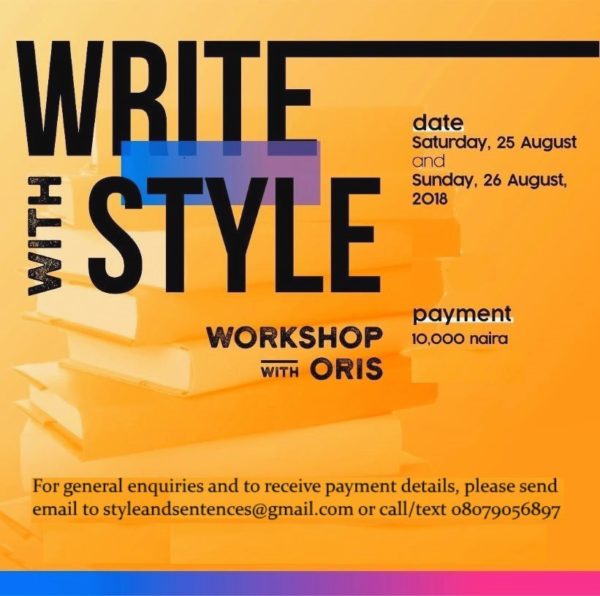
Nigerian writer Oris Aigbokhaevbolo is organising a workshop in Lagos. The Write with Style Workshop will focus on how to write reviews, interviews, reportage, fiction, and creative nonfiction. It will be held on 25 and 26 August. Applicants are to call or text this number: 08079056897; or send an email to [email protected]. They will then receive a note on how to pay the participation fee of 10,000 naira.
Oris Aigbokhaevbolo was named Entertainment Journalist of the Year at the 2015 All Africa Music Awards and was a finalist for the 2017 Brittle Paper Award for Nonfiction. A writer-in-residence at the island of Sylt in Germany, his work as an editor has been awarded by the Felabration Organising Committee. His creative nonfiction, humour writing, journalism, and wide-ranging reviews have appeared in The Guardian UK, Catapult, and Chimurenga. He is currently West Africa Editor at Music In Africa, a Goethe Institut-supported platform.
We asked him 10 questions about writing and his forthcoming workshop.
Q1
Hello Oris. Do you remember when I asked you for a free-flowing, Africa in Dialogue-style conversation last year? I wanted us to talk about the state of our literary culture, with focus on prose and style. So it was exciting when you first mentioned plans for a prose workshop. Here it is now. While I am still interested in that conversation with you, let’s do this one. Why did you call your workshop “The Write with Style Workshop”?
ORIS AIGBOKHAEVBOLO
I remember that and whenever you get the chance, we’ll do it. About the name of the workshop, well, it seemed a reasonable thing to go with given my online activity over the years. I have probably talked and shared essays concerning style than most social media users. Besides the euphony of the phrase, it is also a minor homage to two major books on writing. What are those two books? I’d answer that at the workshop.
Q2
What are the basic skills that writers, emerging and established, need but mostly lack or underrate, and that the literary community seems to overlook?
ORIS
I can hardly speak to a lack—that’s much too presumptuous. But I do see some writing online that would be much better with better punctuation. Of course, you can play with these things but it is important to know how they are supposed to work. Unfortunately, the fanciful notion of “disruption” is creeping into the literary scene and somehow not knowing how to use a comma is cool. It is not. It is ineptitude going around as rebellion.
Q3
At the 2017 Ake Festival, you, Emmanuel Iduma and I had a most stimulating conversation. The most contentious topic was Style versus/and Subject, if I recall correctly. Is Style versus/and Subject something you will discuss at your workshop?
ORIS
The talk about style vs subject is an artificial one—at least to a stylist. The stylist is supposed to write about the subject in some style. The style supports the subject. Take a film review: It is supposed to be about a particular film, but it is useless if all it does is pass judgement. You might as well do so in a single sentence. The reader wants to know what you think about the picture and why. It can’t be full of declarative sentences. You need to, as we were told in secondary school math class, show your working.
What separates a writer in the field from a wannabe is how much of that what and why is conveyed in an engaging manner. Style, in other words. But it is in service of the film, which is its subject.
In creative work, the space between style and subject might be trickier to discuss. It should be enough to say that for some readers, it is important that a story told by your grandmother and by a writer on the page has to have some difference. If not, why not call your granny?
Q4
During that Ake conversation, you talked about the need for a diversity of models—that contemporary African literature needs more than just those established by Chimamanda Ngozi Adichie and Teju Cole. To what extent will you emphasize “examples” or “models” at the Workshop.
ORIS
That Ake conversation again. Maybe Brittle Paper or some other stakeholder should host a panel on that conversation. For the workshop, I intend to proceed by text: I’ll have passages or sentences from writers to give an idea of what is possible in memoir, fiction, reviews, and interviews. There is a world of great writing out there and sometimes you need someone to show it to you.
Q5
You are a known critic of “Facebook Writing.” Months ago, we published a small essay in defence of it. Many of your Workshop applicants will be people who write on Facebook. What are the problems you find in the perception and practice of “Facebook Writing”?
ORIS
Look, I like reading writing. Maybe too much for my own peace of mind. I say this to say I like Facebook writing. Its gift is its curse: There is no quality control. On any given day, it can present to a reader the good, the band and the gross. If the goal is to enjoy the attention it brings, that’s fine. If you want to do more, then you have to do more. Read more, learn more, and maybe attend my workshop. We might be able to work on some of that Facebook prose.
Q6
You shook some Facebook tables late last year when you said there is a reliance on trauma in the creative nonfiction and memoirs by Nigerian writers on Catapult—a reliance on trauma rather than narrative skills. This is certainly something you will address at the Workshop. Could you tell us more about it?
ORIS
I’d only address this if it’s brought up. I have no real interest in going back to it. At the time, I was advising anyone reading to avoid both becoming a cliché as well as producing clichéd work.
I am trying to help correct that dangerous development with this workshop: To my mind, if you have the tools (and maybe talent) to write, you can write anything. And I want to help writers become familiar with those tools. I want to be more familiar with those tools myself. It is the only way a generation of Nigerian writers will see all parts of their lives as worthy of prose, not just the traumatised bits.
Q7
Your Catapult essay, “How to Gossip About African Writing in Geneva,” named in Brittle Paper’s Notable Pieces of 2017, has one of the best opening paragraphs I read last year. Let’s talk about your influences. We know you love Ernest Hemingway; aside him, who are your other favourite writers—influences, favourites who aren’t influences, contemporaries?
ORIS
Thanks to you guys for that inclusion. I’m glad BP liked it.
My influences and loves are too diverse, too diffuse for me to ever produce an accurate list. Lemme focus on loves I can remember right now. For film critics, I love Anthony Lane, Pauline Kael, and Wesley Morris. For essays, James Baldwin, Adam Gopnik, Martin Amis, Yemisi Aribisala, Teju Cole’s The New Yorker pieces. Fiction: Ian McEwan, Roth, Updike’s short stories.
Q8
You are frontally—some would say brutally—honest in your music and film criticism but less direct in essays about literature. I’m not fishing for dirt here, but why?
ORIS
This brutality I am often accused of is misleading. The thing is some see brutality; I see humour mostly. I think Gopnik and Lane (or is it Clive James?) once said something about being prose performers. That is the league in which I play.
Why there might be a difference is that I have mostly being in a position of offering commentary on an issue when I write about literary matters. In music and film, I am engaging a single work. It’s a different tension.
Q9
Oris, when are we getting a long overdue collection of essays from you?
ORIS
I have spoken to one or two publishers. One seemed to want an academic take on what I suggested; I am interested in a literary, common-sense, easy-to-read take on the essay form. The other told me collections don’t sell—and music essays, my intent at the time, are the poorest sellers for essay collections. So if you know a publisher willing to take a look at such a thing, pass the information along.
Q10
Anything more you’d like to let your Workshop applicants to know?
ORIS
Please come to the venue willing to engage. We have also changed the procedure for applying. Sending in a 500-word sample is now optional. Please call or text this number 08079056897. Or send an email to [email protected]. We’ll send you a note on how to pay the 10,000 naira fee. Bring along a notepad.


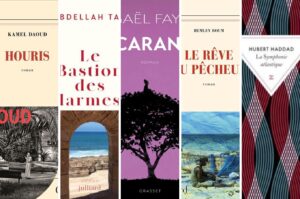
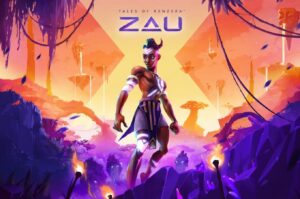
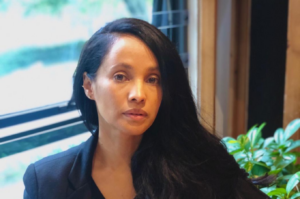

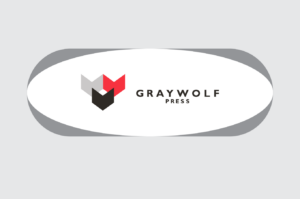
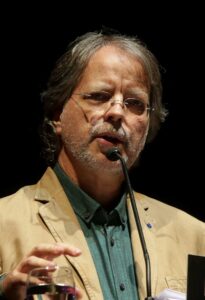

COMMENTS -
Reader Interactions